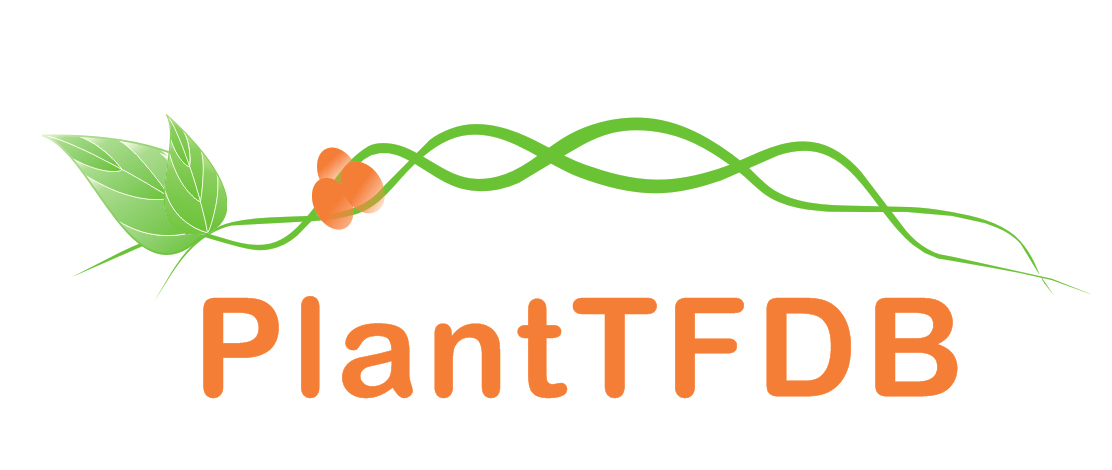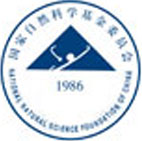 |
PlantRegMap/PlantTFDB v5.0
Plant Transcription
Factor Database
|
| Home TFext BLAST Prediction Download Help About Links PlantRegMap |
| Species | TF ID | Description |
|---|---|---|
| 100424 | C3H family protein | |
| 108666 | C3H family protein | |
| 108954 | C3H family protein | |
| 56045 | C3H family protein | |
| 56076 | C3H family protein | |
| 56416 | C3H family protein | |
| 56710 | C3H family protein | |
| 56817 | C3H family protein | |
| 57579 | C3H family protein | |
| 59514 | C3H family protein | |
| 59897 | C3H family protein | |
| 60445 | C3H family protein | |
| 60560 | C3H family protein | |
| 61222 | C3H family protein | |
| 62104 | C3H family protein | |
| 62171 | C3H family protein | |
| 63899 | C3H family protein | |
| 64358 | C3H family protein | |
| 64506 | C3H family protein | |
| 70339 | C3H family protein | |
| 79899 | C3H family protein | |
| 99494 | C3H family protein |
One gene isolated by virtual subtraction is PEI. It encodes a protein containing a Cys3His zinc finger domain associated with a number of animal and fungal transcription factors. In situ hybridization results showed that PEI1 is expressed throughout the embryo from globular to late cotyledon stage. Transgenic Arabidopsis plants expressing a PEI1 antisense gene produced white seeds in which embryo development did not progress through heart stage. Aberrant embryos failed to form cotyledons, but the embryonic root appeared to be normal. Aberrant embryos did not turn green, and the expression of genes involved in photomorphogenesis was drastically attenuated. In culture, aberrant embryos did not form true leaves, but root formation was apparently normal. These results suggest that PEI1 is an embryo-specific transcription factor that plays an important role during Arabidopsis embryogenesis, functioning primarily in the apical domain of the embryo.
we used a random binding site selection method to show that recombinant PEI1 protein purified from Escherichia coli can bind to specific DNA sequences. This DNA binding activity supports the prediction that PEI1 is an embryo-specific transcription factor.
Z Li and T L Thomas.
PEI1, an embryo-specific zinc finger protein gene required for heart-stage embryo formation in Arabidopsis.
Plant Cell, 1998. 10(3): p. 383-98.
PMID: 9501112



